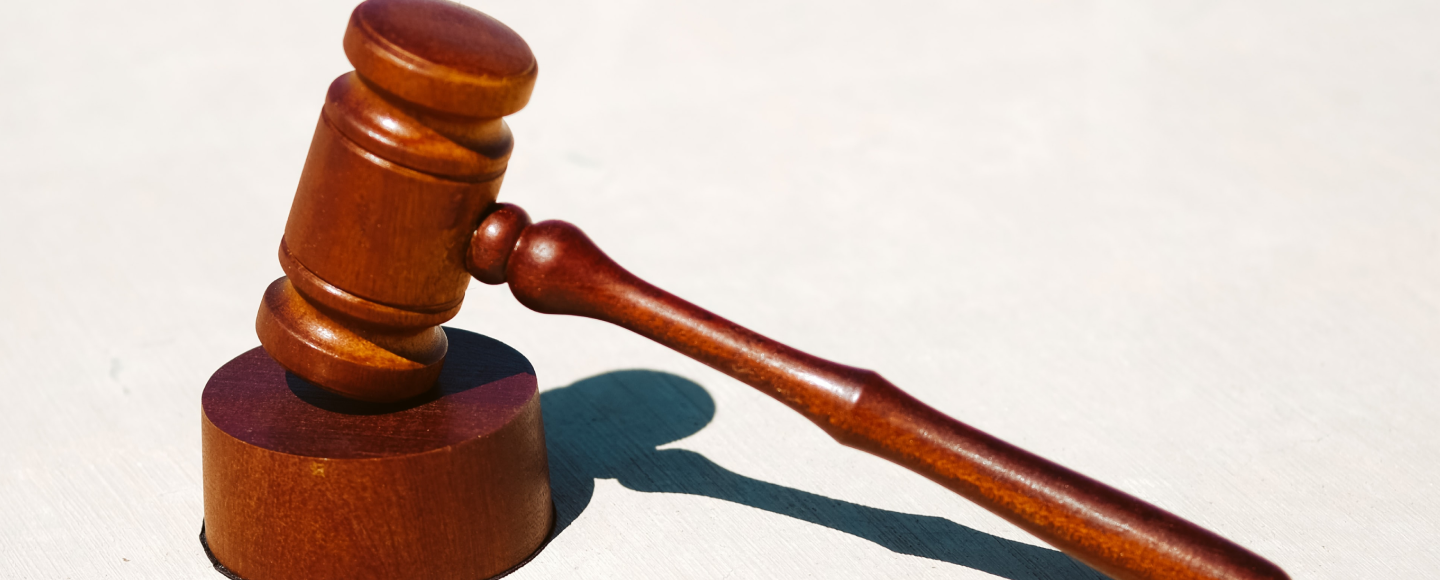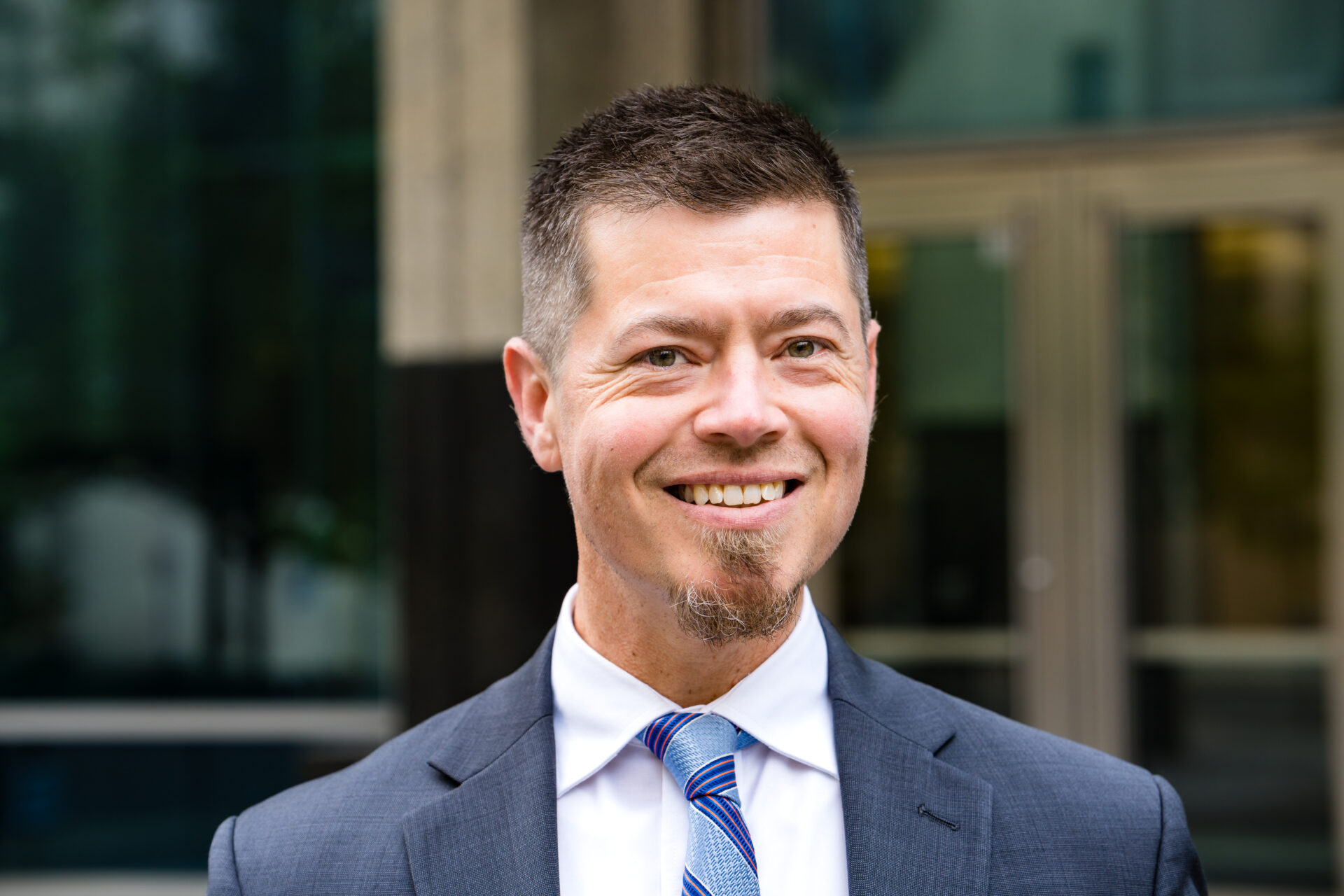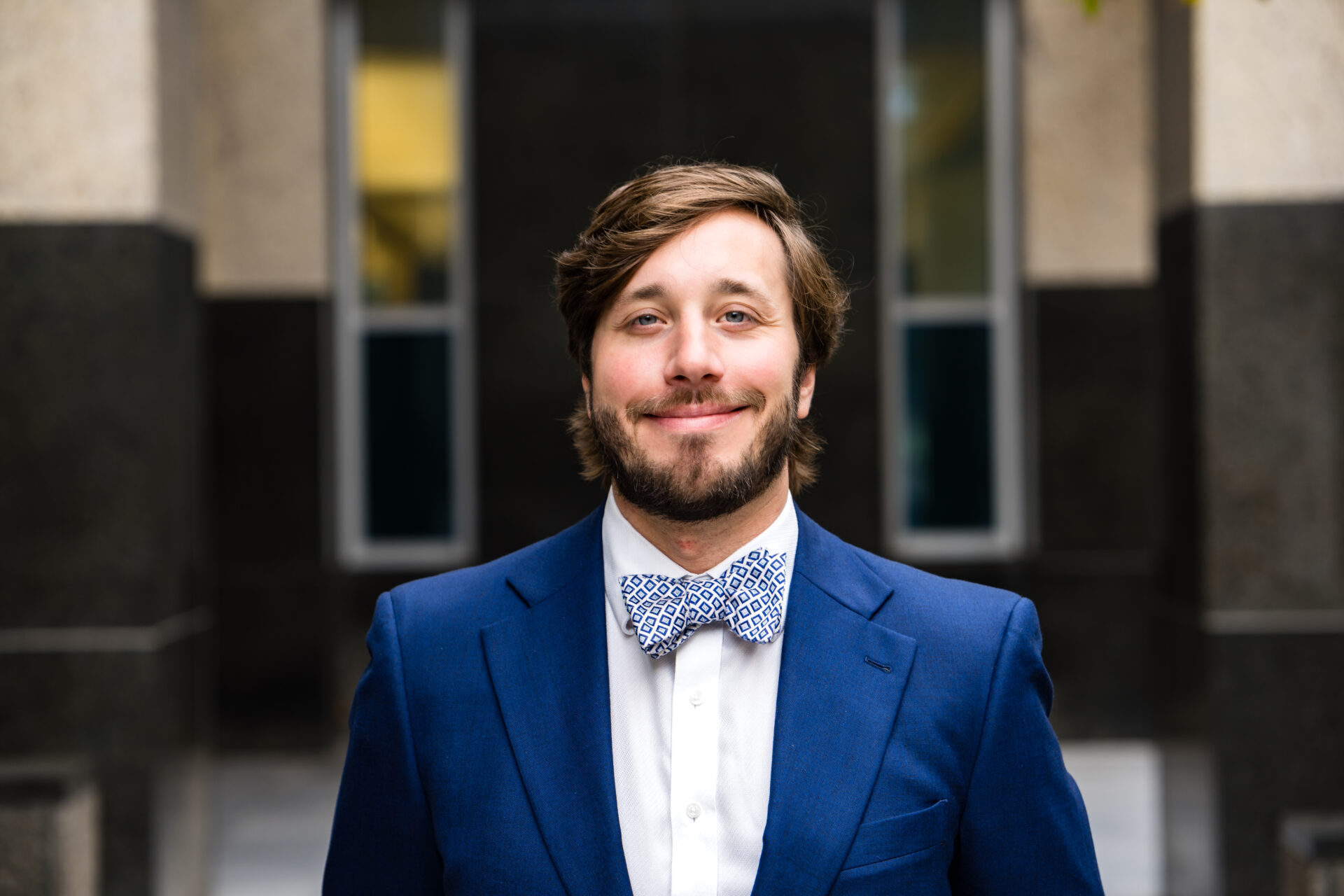There are many misconceptions regarding the rights of a driver who is stopped in Raleigh or elsewhere in Wake County (or anywhere in North Carolina), in a case in which a routine traffic stop escalates into an investigation for DWI (Driving While Impaired) or related drunk driving offense. I’ll break this down into some basic rules, over a series of blog posts here.
Rule #1: You don’t have to answer the officer’s questions, and you almost certainly should not. If the officer conducting the traffic stop suspects that you’ve been drinking because he or she smells alcohol, or claims your eyes are bloodshot, or just has a hunch, he or she will likely simply ask you if you’ve been drinking. If you say “I had a couple of beers a few hours ago,” then the next thing that is likely to happen is that you’re asked to step out of the vehicle and you’re being subjected to a battery of tests to gauge your alleged impairment or intoxication — even if you honestly believe that you are 100% sober. The important point here is that your answer to that question is now evidence that you’ve been drinking, and allows the officer to proceed with a DWI investigation. If you, instead, say: “I’d prefer not to answer any questions,” then you have not provided the officer with any evidence on which to proceed with an investigation. Now, the officer may proceed anyway based on a claim that he or she smells alcohol, etc., but there is no benefit to you to assist the officer in producing evidence with which you can be prosecuted. The same goes for another typical question, which is: “Where are you coming from?” If your answer is “a bar,” then once again, you’ve given the police evidence to use against you. You are fully within your rights to decline to answer these and other questions, and your case will almost certainly be stronger if you do, in fact, decline to answer.







